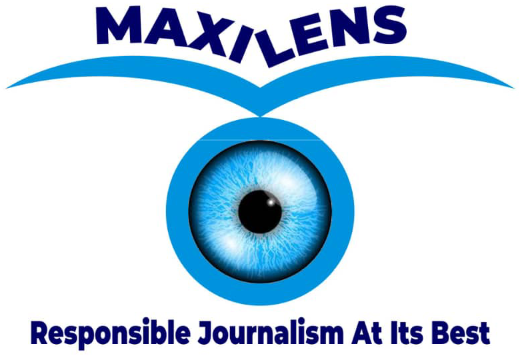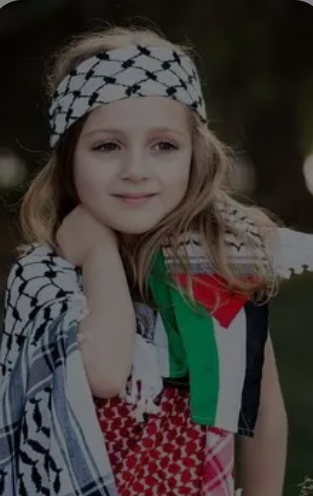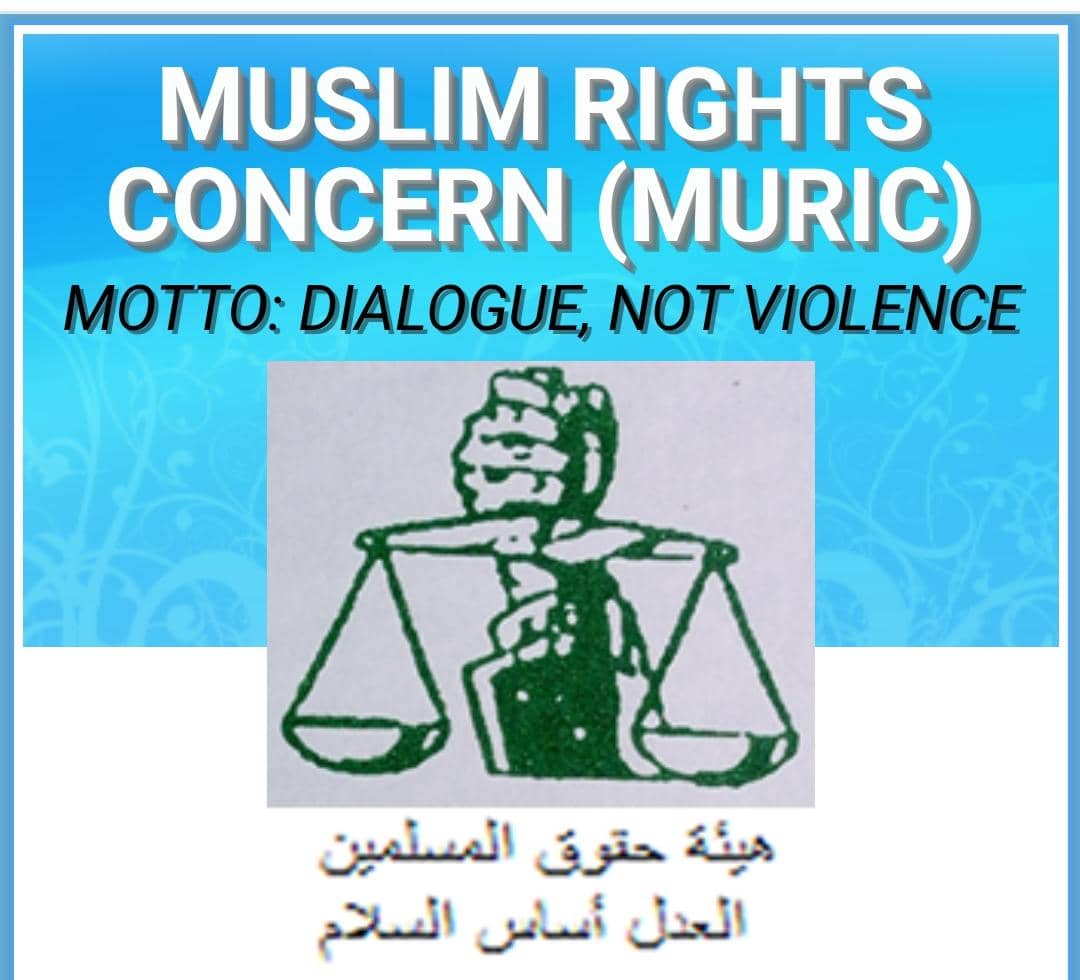By Omar Zahza
In 1984, Palestinian American intellectual and Columbia University Professor Edward Said famously argued that Palestinians are denied “permission to narrate”.
More than 30 years later, in 2020, Maha Nassar, a Palestinian American Associate Professor at the University of Arizona, analysed opinion articles published in two daily newspapers – The New York Times and The Washington Post – and two weekly news magazines – The New Republic and The Nation – over a 50-year period, from 1970 to 2019.
Perhaps unsurprisingly, she found that “Editorial boards and columnists seem to have been quite consumed with talking about the Palestinians, often in condescending and even racist ways – yet they somehow did not feel the need to hear much from Palestinians themselves.”
Nassar’s research, like many others before it, clearly demonstrates that more than three decades after the publication of Said’s landmark essay, the exclusion of Palestinian voices from mainstream media narratives in the West – and the attempts to erase the humanity of the Palestinians or whitewash Israel’s crimes against them – continue unabated.
Sadly, however, this unjust status quo has not only remained unchanged since Said brought it under the spotlight – it has deteriorated.
In recent years, social media became a lifeline for many who want to raise awareness about causes and struggles ignored or undermined by mainstream media outlets.
Yet tech companies are now actively working to exclude Palestinian voices from their platforms, thereby expanding the calculated erasure and silencing of the Palestinians to social media.
April, for example, Zoom, Facebook and Youtube blocked the online academic event “Whose Narratives? What Free Speech for Palestine?” co-sponsored by the Arab and Muslim Ethnicities and Diasporas (AMED) Studies program at San Francisco State University, the Council of UC Faculty Associations (CUFCA), and the University of California Humanities Research Institute (UCHRI).
The event was to feature anti-apartheid activists from around the globe, including Palestinian resistance icon Leila Khaled and South Africa’s former ANC military leader Ronnie Kasrils.
This event was in fact a repeat of an open classroom co-organised by Dr Rabab Ibrahim Abudulhadi (AMED Studies) and Dr Tomomi Kinukawa (Women and Gender Studies) of San Francisco State University that Zoom initially censored in September 2020. Then, as now, Zoom and other social media companies said they decided to block the event from their platforms due to the planned participation of Leila Khaled. They claimed, as Khaled is affiliated with the Popular Front for the Liberation of Palestine (PFLP), a “US-designated terrorist organisation”, allowing the event to proceed would be in violation of US laws prohibiting material support for terrorism.
As repeatedly asserted by numerous legal experts, the argument put forth by the social media companies is without merit. It not only ignores all relevant legal precedents and falsely alleges violations of US law, but also amounts to an attack on academic freedoms.
Indeed, in an open letter to Zoom executives published in October last year, experts from Palestine Legal and other legal organisations stressed that Zoom’s censoring of the AMED event constitutes “a dangerous attack on free speech and academic freedom, and an abuse of your contract with our public university systems”. They added that “[Zoom’s] status as an essential public service does not give you veto power over the content of the nation’s classrooms and public events.”
Mainstream media’s ongoing efforts to whitewash Israel’s deadly occupation, coupled with the dire and rapidly escalating situation of Palestinians in Sheikh Jarrah as well as all Palestinians resisting in support of them, make unrestricted access to social media especially crucial for Palestinians and their allies.
But rather than amplifying the righteous struggle of Palestinians resisting violence and displacement, social media companies are furthering the interests and agenda of the very government attacking them.
This latest round of social media censorship of Palestinian posts about Sheikh Jarrah is part of a larger pattern of repression, given the long and well-documented complicity between Israel and social media companies in regulating and censoring Palestinian content and accounts. Instagram officially attributed these latest deletions to a “global technical issue”. Twitter likewise claimed the restriction of the account of Palestinian writer Mariam Barghouti, which was subsequently reinstated following a huge social media outcry, was an “accident”. Activists and watchdog organisations have expressed doubts about such explanations, given the targeted nature of the removals and censures.
Decades after Edward Said’s criticism of the US media’s insistent refusal to allow Palestinians to narrate their own stories, the voices in support of the Palestinian liberation struggle are being silenced not only by mainstream media organisations but also social media companies.
But we must not give in. Despite efforts by social media companies and media organisations to silence Palestinians, those who truly believe in equality, justice and freedom should continue to endorse and amplify the calls to save Sheikh Jarrah, stop the expansion of illegal Israeli settlements, end all military funding for Israel, and bring an end to Israel’s occupation of Palestinian lands and state-sanctioned discrimination against Palestinians. We should also support the Boycott, Divestment and Sanctions (BDS) movement, until Israel agrees to cease its colonial and apartheid practices for good. Media organisations and social media companies can try to control and distort narratives about Palestine, but they cannot hide the truth and silence Palestinians’ righteous calls for justice forever.
This does not mean we should not try and expose the unethical and unlawful practices by these companies and organisations. We must fight the targeted, cross-platform censorship that echoes and reinforces the Israeli state’s ongoing structural oppression of Palestinians and systematic erasure of Palestinian voices. By engaging in such behaviour, social media companies are practicing digital apartheid. We can not sit idly by. Now more than ever, we need to continue to expose and resist this discriminatory silencing as part of the larger fight for Palestinian freedom and liberation.
AJ



